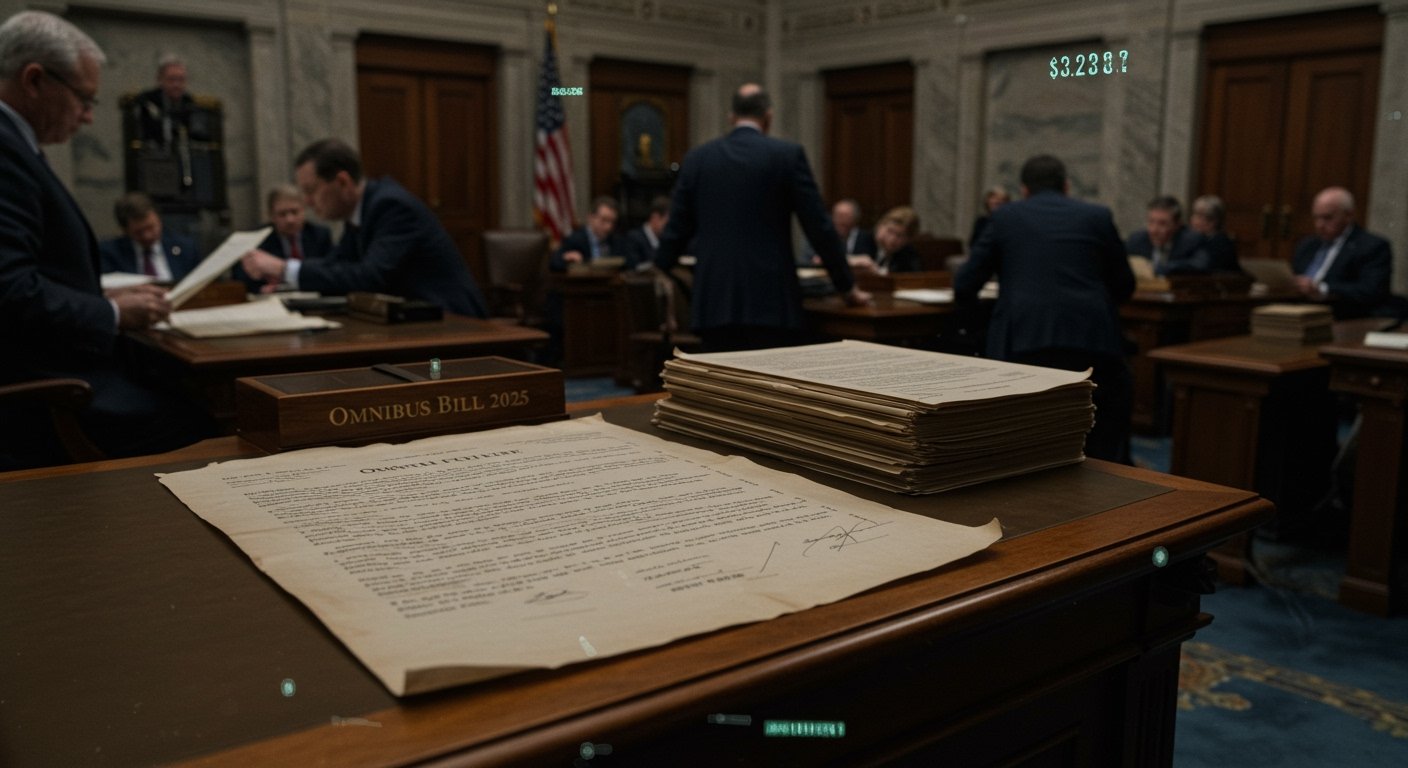A recent analysis published on May 19, 2025, by USAPP – LSE Blogs offers a critical examination of the state of American politics following the 2024 elections. The article, penned by Katie Pruszynski, characterizes the political landscape in 2025 as profoundly polarized, a condition marked by deep divisions, pervasive anger, and widespread suspicion among the populace.
According to Pruszynski’s assessment, this environment of polarization, anger, and suspicion has not emerged organically but has been actively cultivated and manipulated for political gain. The analysis specifically points to former President Donald Trump and the broader right-wing media ecosystem as key actors in this manipulation, leveraging these divisive emotions to advance their objectives.
Understanding “Wedge Lies”
Central to Pruszynski’s argument is the concept of “Wedge Lies.” The article defines “Wedge Lies” as false or misleading claims intentionally employed by leaders. The primary purpose of these claims is to manipulate their followers, deepen existing societal rifts, and ultimately consolidate power. These are not merely factual inaccuracies but strategic tools designed to divide and control.
The analysis contends that Donald Trump significantly honed this technique during his presidential campaigns, particularly in the 2016 and 2020 election cycles. The article asserts that this practice of deploying “Wedge Lies” saw a pronounced re-emergence in the lead-up to and during the 2024 elections. This strategy, the author posits, was instrumental in galvanizing Republican voters and contributed significantly to Trump’s ability to consolidate executive power following his return to the White House.
Implications of the Second Term and Anticipated Dissent
The LSE Blogs article looks ahead, suggesting that as the “more extreme agenda” of Trump’s second term begins to take shape, it is likely to provoke significant public reaction. The analysis forecasts that protests will inevitably follow, as segments of the population react to the policy directions and political actions undertaken by the administration.
Coupled with the anticipation of increased dissent are concerns regarding the administration’s potential response. The article suggests that groundwork has already been laid to justify what is described as an “unprecedented crackdown on public dissent.” This potential suppression of opposition is a significant concern highlighted in the analysis.
The piece references specific individuals and proposals tied to this concern. Notably, it mentions Trump’s advisor Stephen Miller, who is reported to have suggested that the suspension of habeas corpus could be deemed “necessary.” Such discussions signal a potentially aggressive stance towards managing political opposition and public demonstrations.
The Opposition and Social Media’s Role
In assessing the broader political dynamics in 2025, the article also turns its attention to the Democratic party. As Democrats prepare for the 2026 Midterms, the analysis suggests they appear “ill-equipped” to effectively counter the political strategies being deployed and to navigate the deeply polarized environment.
Furthermore, the article acknowledges the pervasive influence of social media on the contemporary political discourse. Social media platforms have dramatically altered how information (and disinformation, including “Wedge Lies”) spreads, how political campaigns are conducted, and how public opinion is shaped and manipulated. The rapid dissemination of information, often without traditional gatekeepers or fact-checking mechanisms, presents significant challenges in combating the spread of misleading claims and managing political polarization.
In conclusion, the analysis from USAPP – LSE Blogs paints a stark picture of US politics in 2025, highlighting how strategic disinformation, termed “Wedge Lies,” has become a powerful tool in exacerbating polarization and consolidating power, raising significant questions about the future trajectory of democratic norms and the capacity of political actors to navigate this challenging landscape.











